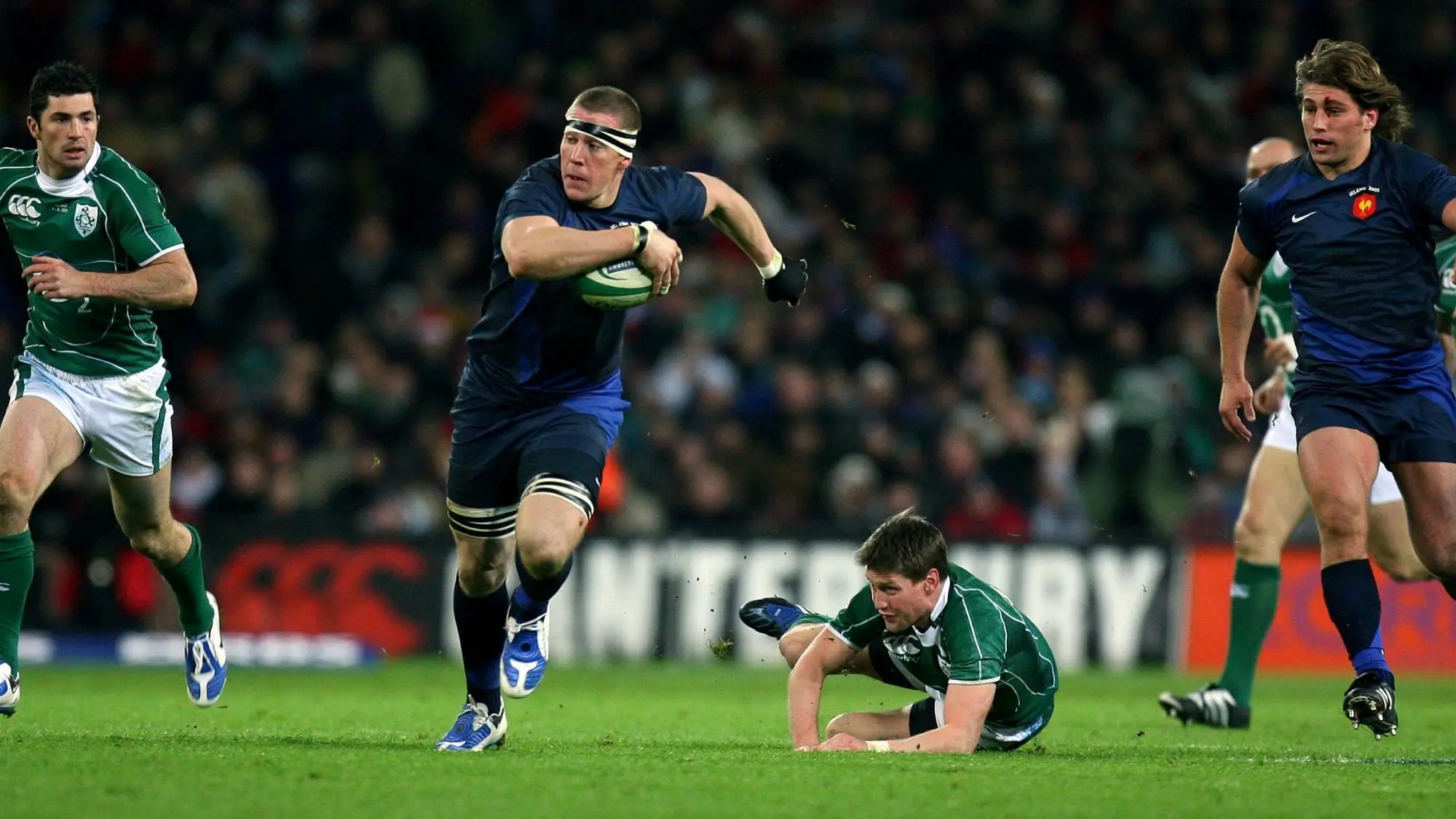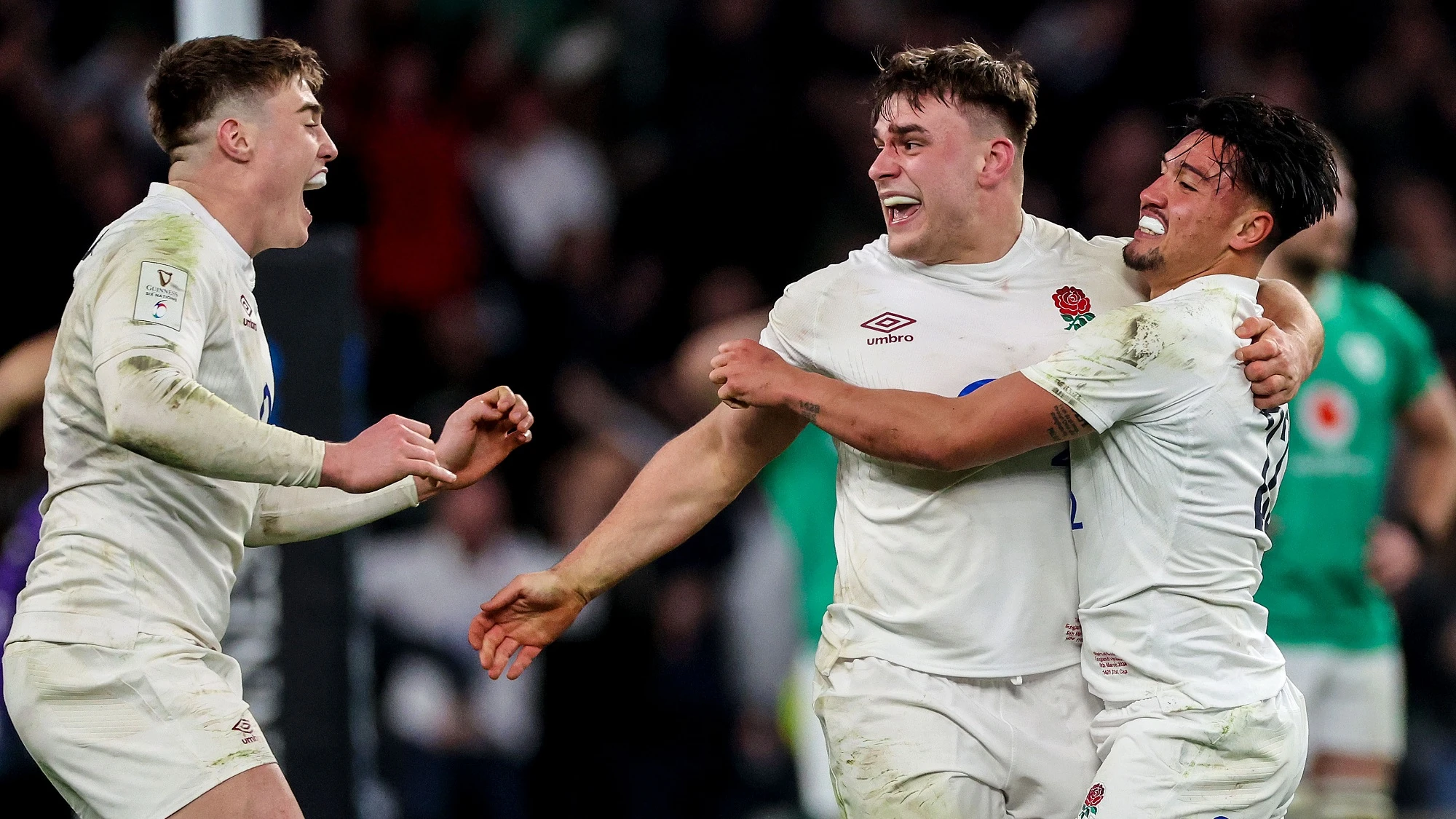If there is one man who understands the challenge of succeeding with France at the highest level it is Imanol Harinordoquy – winner of three Grand Slams and a further Championship title.
Only Fabien Pelous and Olivier Magne lie ahead of the Basque legend in terms of Championship silverware, with Harinordoquy having started all five games when Les Bleus last claimed the title, and a Slam, back in 2010.
Since then, France have struggled to challenge for the title, despite a World Cup final appearance in 2011, and they start the Guinness Six Nations in need of confidence.
Jacques Brunel has made the decision to open up his squad and start two new players for the first match against Wales, teenager Romain Ntamack and second row Paul Willemse.
According to Harinordoquy, it is the right decision to help rediscover the DNA of the French side.
He explained: “We have to start, not from zero, but given the Autumn Internationals, not far off.
“There we are starting with some young players, there are some newcomers who will get their chance and I think it’s a good thing, we perhaps could have done it sooner.
“I think we have to play to our strengths, with insouciance and more pace in our game. We cannot afford to play slowly and you can see that as soon as we slow the game, we are not as dangerous.
“That is where we struggle to break down opposition defences. When we put a little chaos in our game, you can see the players can be inspired and find some solutions.”
While Harinordoquy agrees with the decision to give youth a chance, he remains cautious over the case of Ntamack.
There is no question over the talent of the 19-year-old centre, but Harinordoquy has urged people to be understanding if he doesn’t instantly click.
“There is Ntamack who will start in the centre. But the step up from the Top 14 is a big one so the expectations should not be too big for a young player like him. We’ve seen in the past that we tend to build up players and then cut them down. It’s a French speciality.
“There are some players who never recovered, so I think you have to preserve them, you have to give them time to blossom, gain confidence and get settled in the side so they can get used to that level.”
Last year France finished fourth in the Championship with wins over England and Italy, as well as narrow losses to Ireland, Scotland and Wales.
Particularly in defence France had reason for optimism, conceding just six tries in total over the course of the Championship, and Harinordoquy wants to see them show that defensive resolve once more.
He added: “You have to give it everything in the Six Nations, even if it won’t be easy because in odd years we go away three times and what’s more, we are home to Wales and Scotland, who are two teams who attack a lot and play with tempo.
“We have to find the DNA we saw in the last Championship, that’s to say, heroic defence that was missing in the Autumn Internationals. Last year that was the foundation for a Six Nations which was mixed, but successful in terms of mindset and defence.
“If we can get the defence and discipline, that’s a start, and then if we can get some momentum, everything is possible. The first matches will set the tone, and especially the game against Wales in Paris. That will be crucial to kick off the Championship.”
In a big forward pack, France will be able to call on a back row in the style of Harinordoquy in the shape of Clermont’s Arthur Iturria.
Like Harinordoquy, Iturria is of Basque origin, and has made the switch to the back row from lock.
According to the former Biarritz captain, that was the right decision for his international future.
He added: “Firstly I’m happy to have a Basque player back in the team, because we were sorely lacking. There’s also (Camille) Lopez but he never played in the Basque country and up front it’s good to have a Basque player to carry the torch.
“Back row is a position where he played for Clermont a bit last season and where he has settled this year. He doesn’t really have the size to be a big second row at Test level, so it demands a lot of energy.
“So the decision to move him into the back row is a good compromise in my opinion. He has pace, can jackal and slow down opposition ball despite his size, he’s very good in the air and he can keep play alive.
“He played well in November. He lacked size and a little consistency at times, but I think he’s someone who can add a lot to the French team.”



